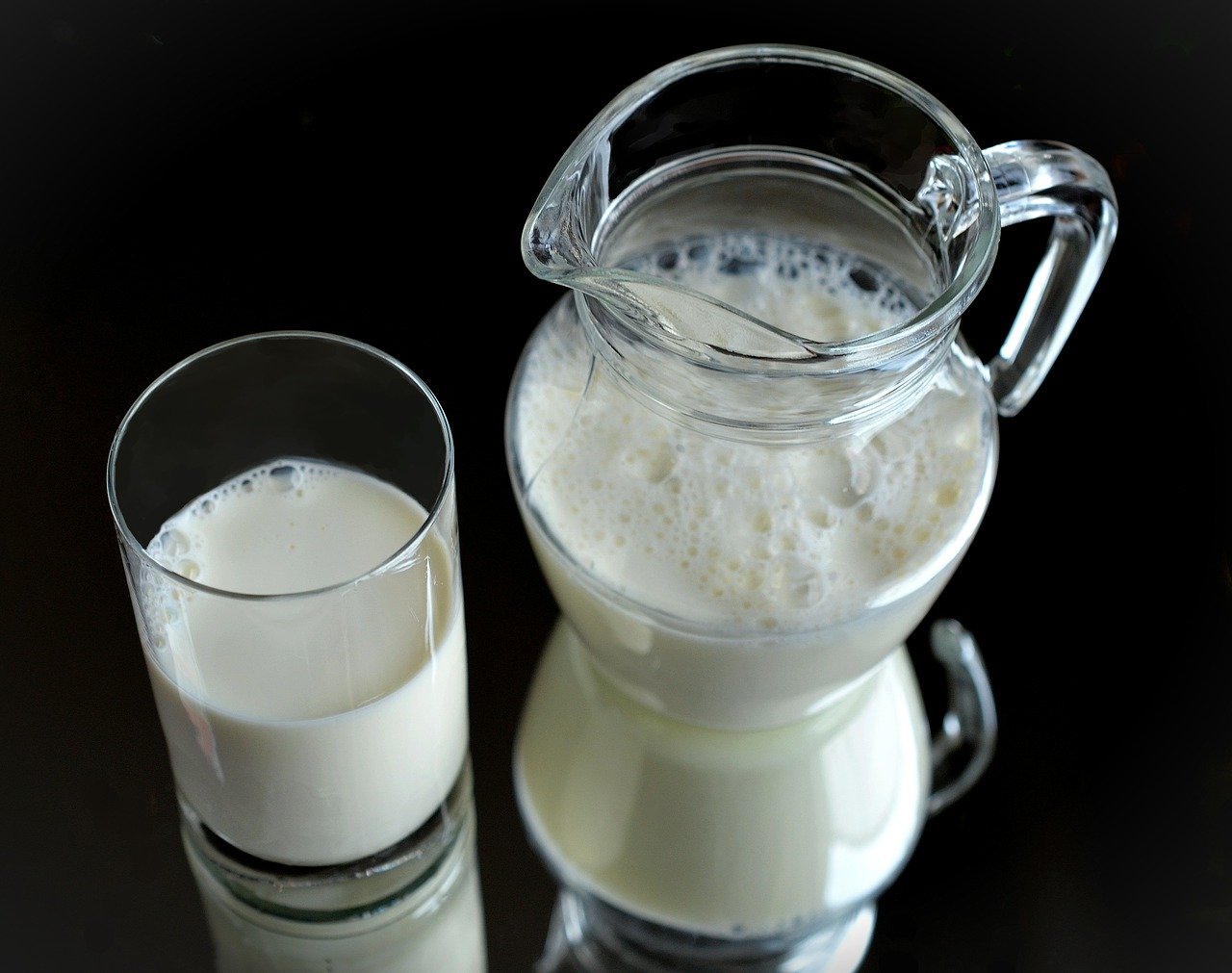In January 2019 researchers from the USA published the results of their study to assess the association between beverage intake and body weight in preschool-age children. Information on beverage intake … Read more
Dairy product consumption appears to be associated with a better metabolic profile
In January 2019 researchers from Spain published the results of their study to assess the association between dairy product consumption and the incidence of metabolic diseases like diabetes, obesity and … Read more
Single servings of dairy have a differing effect on postprandial satiety and blood glucose levels which should be taken into consideration when managing the metabolic syndrome
In December 2019 researchers from Canada published the results of their study to assess whether dairy products reduced appetite and improved the postprandial glycaemic response in either young or older … Read more
In older women, non-milk drinkers and those with a higher intake of dairy products appear to have an increased risk of osteoporotic fracture
In November 2019 researchers from Australia published the results of their study to assess the association between milk and total dairy consumption and osteoporotic fracture in women. A total of … Read more
Specific dietary factors and dietary patterns alter the gut microbiota profile, which is an essential factor in the development and progression of obesity
In December 2019 researchers from South Korea published their review on the effect of diet on the gut microbiota and how it is associated with obesity. Obesity is described as … Read more
Fortifying staple foods with vitamin A alone may make little or no difference to retinol levels or the risk of vitamin A deficiency but if micronutrients are also added then retinol levels may increase and the risk of vitamin A deficiency reduced
In May 2019 researchers from Singapore published the results of their review of the medical scientific literature to assess the effects of fortifying staple foods (sugar, edible oils, edible fats, … Read more
Iodine fortification of foods other than salt to prevent iodine deficiency disorders is uncertain although iodine levels are seen to significantly increase
In February 2019 researchers from Australia published their review of the medical scientific literature to assess the effect of fortifying foods, beverages, condiments, or seasonings with iodine alone or in … Read more
The Early Nutrition Project have published updated recommendations for optimized nutrition before and during pregnancy, during breastfeeding, infancy and toddlerhood which should contribute to the prevention of obesity and associated non-communicable diseases
In February 2019 researchers from Germany, UK, Poland, The Netherlands and Australia who were part of the The Early Nutrition Project published their review of the medical scientific literature and … Read more
Consumption of ultra-processed foods is strongly associated with in increase in risk of frailty in older adults
In May 2019 researchers from Spain, the USA and Sweden published the results of their study to assess the association between ultra-processed food intake and frailty in community-dwelling older adults. … Read more
An adequate milk consumption at various stages of life helps in the prevention/control of various chronic medical conditions
In May 2019 researchers from Spain published their review of the medical scientific literature to assess the impact of dairy intake on health and all-cause mortality, and on the prevention … Read more
Consumption of dairy products fortified with phytosterols may reduce LDL(bad)-cholesterol whilst consumption of dairy products fortified with omega-3 fatty acids may reduce both LDL-cholesterol and triglyceride levels
In May 2019 researchers from Spain published their review of the medical scientific literature to assess the effects of consuming fortified dairy products on cardiometabolic risk factors. A total of … Read more
A high dairy intake is significantly associated with a reduced risk of diabetes type 2 and cardiovascular disease in women but not in men
In June 2019 researchers from Israel published their review of the medical scientific literature to assess whether dairy consumption has different gender-specific effects on the risk of diabetes type 2 … Read more
Governments should adopt policies to limit the intake of free sugars of up to 5% energy intake for children and adolescents aged between 2-18 years and even lower for infants and toddlers under 2 years
In December 2017 researchers from Slovenia, Switzerland, Czech Republic, Spain, Sweden, UK, Croatia, The Netherlands, Italy, France, USA, Germany, and Denmark on behalf of the European Society for Paediatric Gastroenterology, … Read more
Cow’s milk is an important source of iodine for women of childbearing age
In March 2018 researchers from the UK and Germany published the results of their study to assess the effect of increased cow’s milk consumption on iodine status, thyroid hormone levels, … Read more
Perchlorate
Perchorlate, in large amounts, has the ability to interfere with thyroid function as it interferes with iodine uptake, and individuals exposed to excessive amounts of perchlorate for a long time … Read more
Iodine
The human body needs iodine to make the thyroid hormone. This hormone is critically important during foetal development, infancy, and childhood, for the brain and nervous system to develop normally. … Read more
Organic milk in the UK has been found to be 44% lower in iodine than conventional milk with UHT semi-skimmed milk being 27% lower in iodine
In January 2018 researchers from the UK published the results of their study to assess the iodine content of conventional, organic and UHT semi-skimmed milk as milk is the largest … Read more
A Mediterranean diet supplemented with dairy foods improves mood and processing speed
In November 2018 researchers from Australia published the results of their study to assess the cognitive and psychological effects of a Mediterranean diet with adequate calcium for an ageing population. … Read more
Substituting red meat with high-quality plant protein sources, but not fish or low-quality carbohydrates, leads to improved lipid levels
In April 2019 researchers from the USA published their review of the medical scientific literature to assess the effect of red meat consumption on cardiovascular risk factors. A total of … Read more
Red and processed meat increases the risk of ischaemic heart disease whilst yoghurt, cheese and eggs reduces the risk
In April 2019 researchers from the UK, New Zealand, Sweden, Germany, Finland, Norway, Sweden, Denmark, Spain, The Netherlands, France, Italy and Greece published the results of their studies to assess … Read more




















